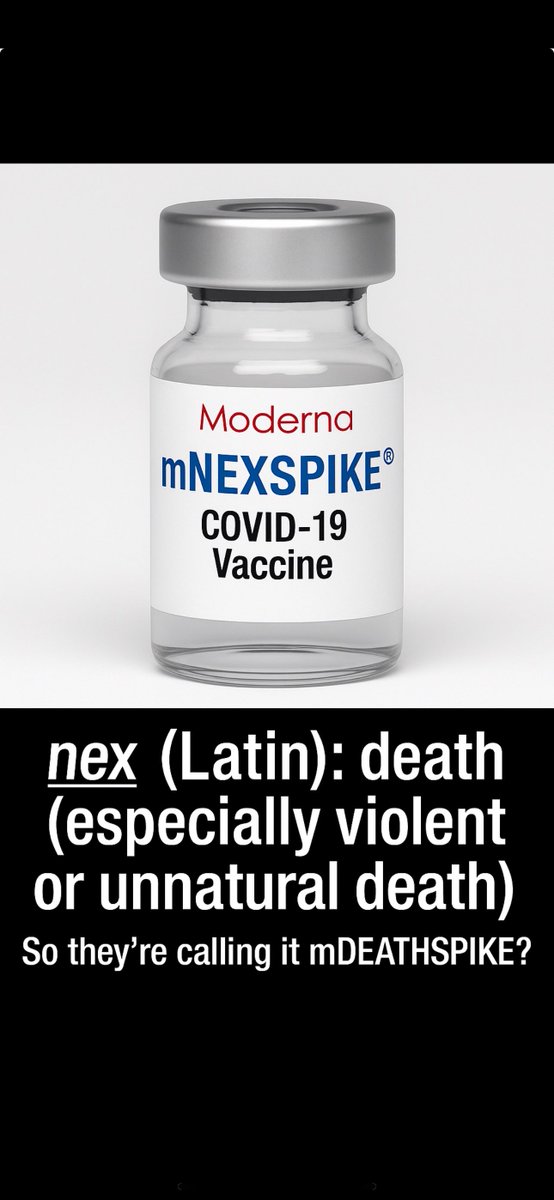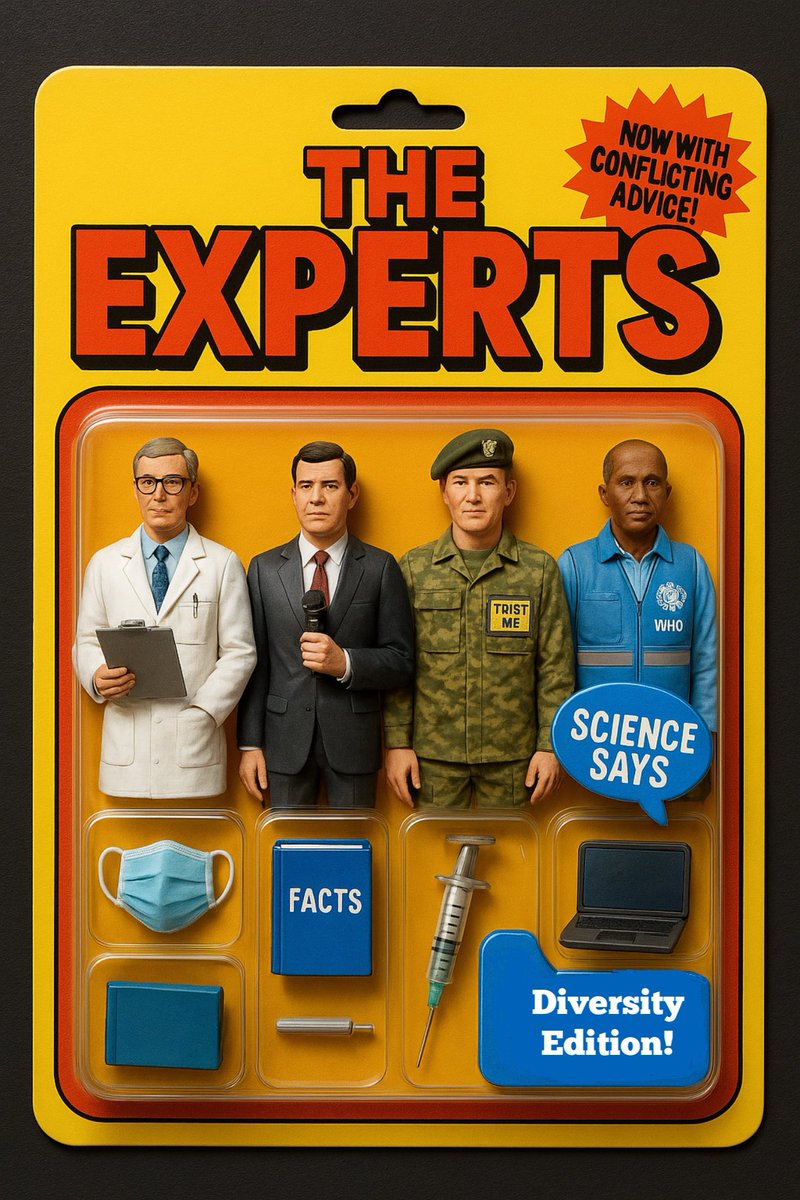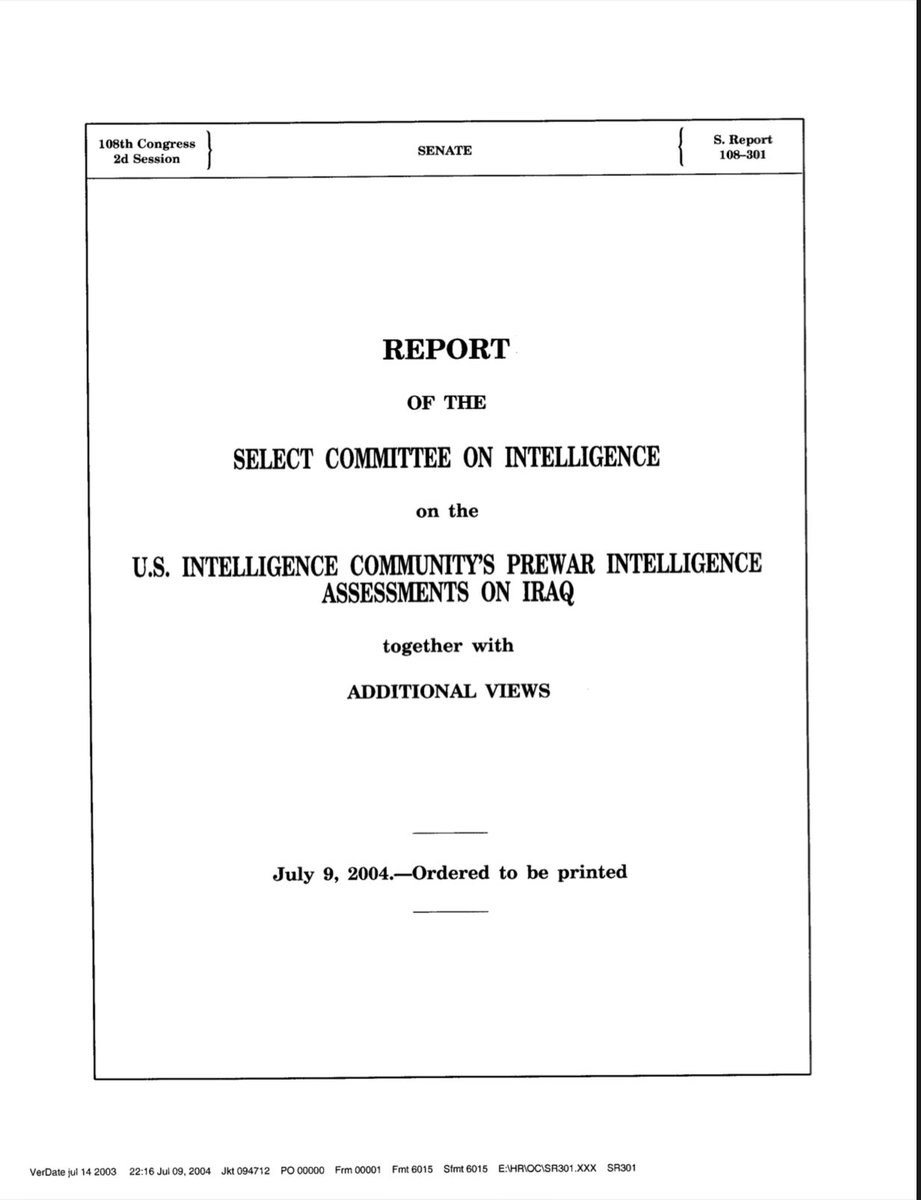🧵THREAD: The FDA Just Approved Moderna’s New COVID Shot, mNEXSPIKE®
But there’s a catch, they never tested it against a placebo.
They tested it against the other COVID shot. Why? Because “ethics.”
Here’s what they don’t want you to notice.
But there’s a catch, they never tested it against a placebo.
They tested it against the other COVID shot. Why? Because “ethics.”
Here’s what they don’t want you to notice.

Moderna’s new vaccine, mNEXSPIKE®, was just greenlit by the FDA on May 31, 2025 for Adults 65+ and ages 12–64 with risk factors.
According to the FDA, the approval is based on a Phase 3 trial (NCT05815498) with ~11,400 participants.
But they didn’t test it against saline.
They tested it against Spikevax®, their other COVID shot.
Yes, really.
Source:
cnbc.com/amp/2025/06/01…
According to the FDA, the approval is based on a Phase 3 trial (NCT05815498) with ~11,400 participants.
But they didn’t test it against saline.
They tested it against Spikevax®, their other COVID shot.
Yes, really.
Source:
cnbc.com/amp/2025/06/01…
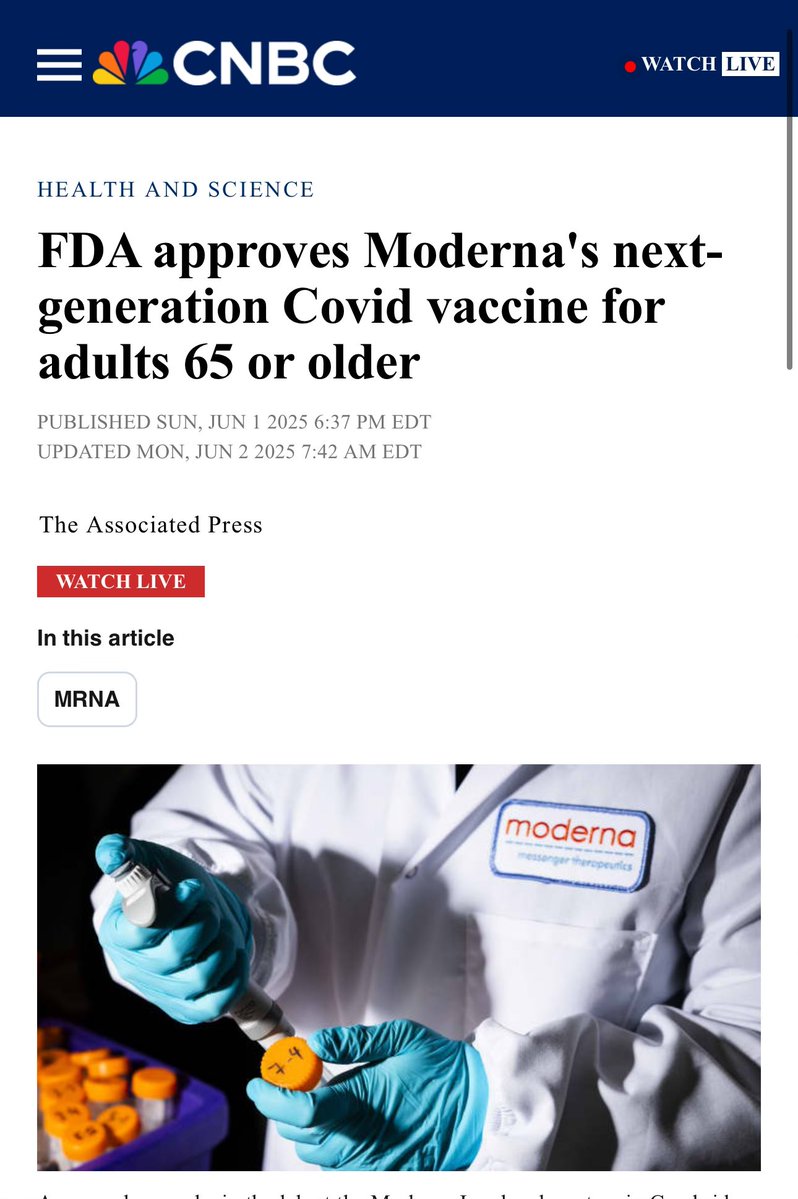
Moderna’s press release boasts:
“mNEXSPIKE was non-inferior to Spikevax in preventing COVID-19… with a 9.3% higher relative vaccine efficacy.”
But let’s be real, what they’re saying is:
💉 Our new mRNA shot is about as mediocre as the old one.
Source:
investors.modernatx.com/news/news-deta…
“mNEXSPIKE was non-inferior to Spikevax in preventing COVID-19… with a 9.3% higher relative vaccine efficacy.”
But let’s be real, what they’re saying is:
💉 Our new mRNA shot is about as mediocre as the old one.
Source:
investors.modernatx.com/news/news-deta…

This is how pharma plays the game:
Once a shot is approved, even under emergency powers, they call it “standard of care.”
Then they use that product as the control group in new trials.
That way, no placebo is ever used again.
Science™.
Once a shot is approved, even under emergency powers, they call it “standard of care.”
Then they use that product as the control group in new trials.
That way, no placebo is ever used again.
Science™.
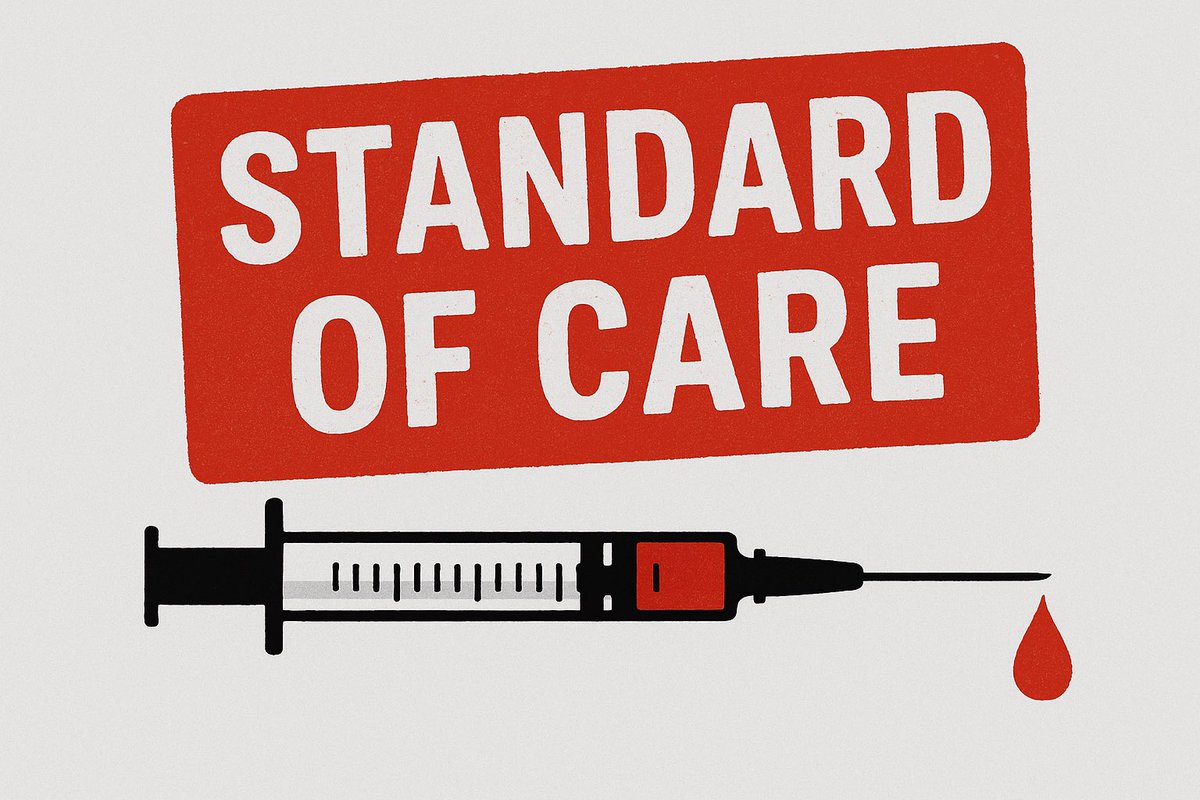
Why does this matter?
Because it makes it impossible to measure:
Absolute safety
Absolute risk of adverse events
How it compares to doing nothing
Every shot gets tested against another shot. It’s a never-ending loop of relative bullshit.
The official line is this:
“Using a placebo would be unethical because we have an effective vaccine.”
So you’re saying it’s unethical to compare a new vaccine to nothing because you’ve already approved one… based on incomplete, rushed trials?
That’s not ethics. That’s regulatory sleight of hand.
Because it makes it impossible to measure:
Absolute safety
Absolute risk of adverse events
How it compares to doing nothing
Every shot gets tested against another shot. It’s a never-ending loop of relative bullshit.
The official line is this:
“Using a placebo would be unethical because we have an effective vaccine.”
So you’re saying it’s unethical to compare a new vaccine to nothing because you’ve already approved one… based on incomplete, rushed trials?
That’s not ethics. That’s regulatory sleight of hand.
The reason regulators and pharmaceutical companies often cite for not using a true placebo (i.e., saline injection) once a vaccine has been authorized is that it would be “unethical to withhold a known effective treatment” from participants, especially during a public health emergency.
“Standard of Care”
science.org/doi/10.1126/sc…
“Standard of Care”
science.org/doi/10.1126/sc…
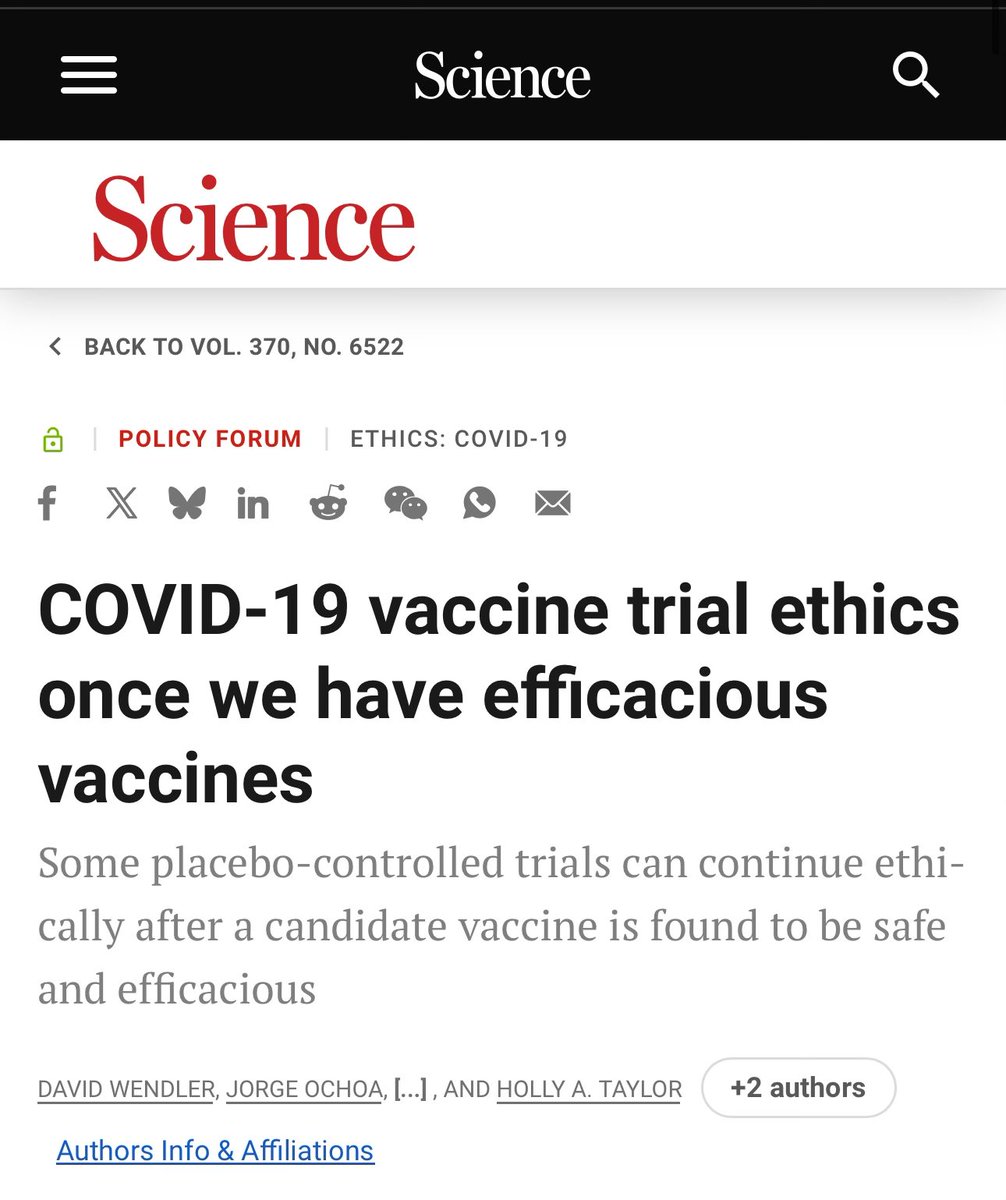
This shell game means we never get real answers about how many people are harmed by these products compared to doing nothing at all.
Remember: Spikevax (the control) is no saint.
It’s associated with:
•Myocarditis
•Pericarditis
•Neuropathy
•Blood clots
•Menstrual disruption
•Bell’s Palsy
•Sudden unexplained deaths
So using it as a “placebo” masks harm in the new shot.
If both vaccines cause fatigue, fever, myalgia, and heart inflammation, then comparing the two just tells us which one hurts slightly less.
It doesn’t tell us whether either one is safe.
This is how you bury side effects under statistical fog.
Remember: Spikevax (the control) is no saint.
It’s associated with:
•Myocarditis
•Pericarditis
•Neuropathy
•Blood clots
•Menstrual disruption
•Bell’s Palsy
•Sudden unexplained deaths
So using it as a “placebo” masks harm in the new shot.
If both vaccines cause fatigue, fever, myalgia, and heart inflammation, then comparing the two just tells us which one hurts slightly less.
It doesn’t tell us whether either one is safe.
This is how you bury side effects under statistical fog.
Totally normal, they say.
They also admit that it doesn’t protect “all people” who inject into their bodies.
“Vaccination with mNEXSPIKE may not protect all people who receive the vaccine.”
Translation: we approved this on the same “trust us” logic we used in 2020.
Source:
investors.modernatx.com/news/news-deta…
They also admit that it doesn’t protect “all people” who inject into their bodies.
“Vaccination with mNEXSPIKE may not protect all people who receive the vaccine.”
Translation: we approved this on the same “trust us” logic we used in 2020.
Source:
investors.modernatx.com/news/news-deta…
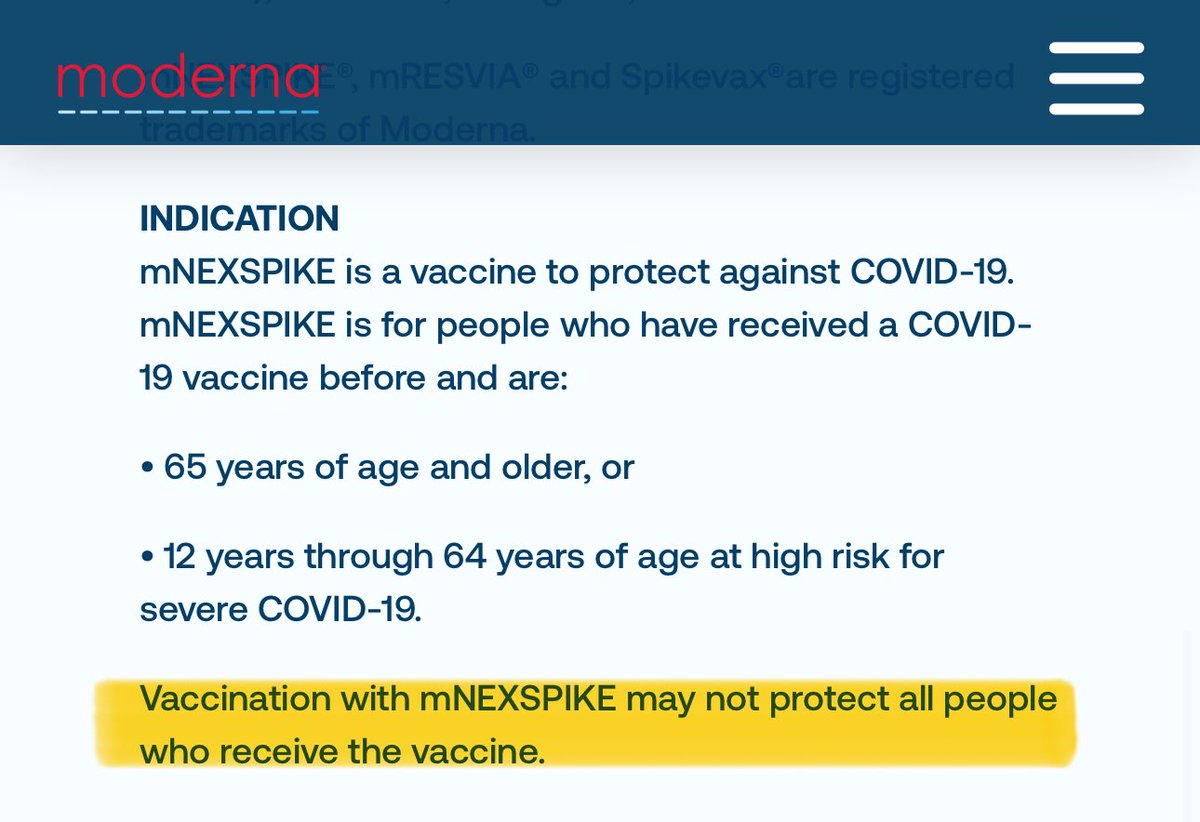
Oh, and they’re requiring Moderna to run more trials after it’s approved.
Including one for pregnant women… due in 2032.
Yeah. They approved it now, and they’ll figure out if it harms fetuses later.
Source:
fda.gov/media/186740/d…
Including one for pregnant women… due in 2032.
Yeah. They approved it now, and they’ll figure out if it harms fetuses later.
Source:
fda.gov/media/186740/d…
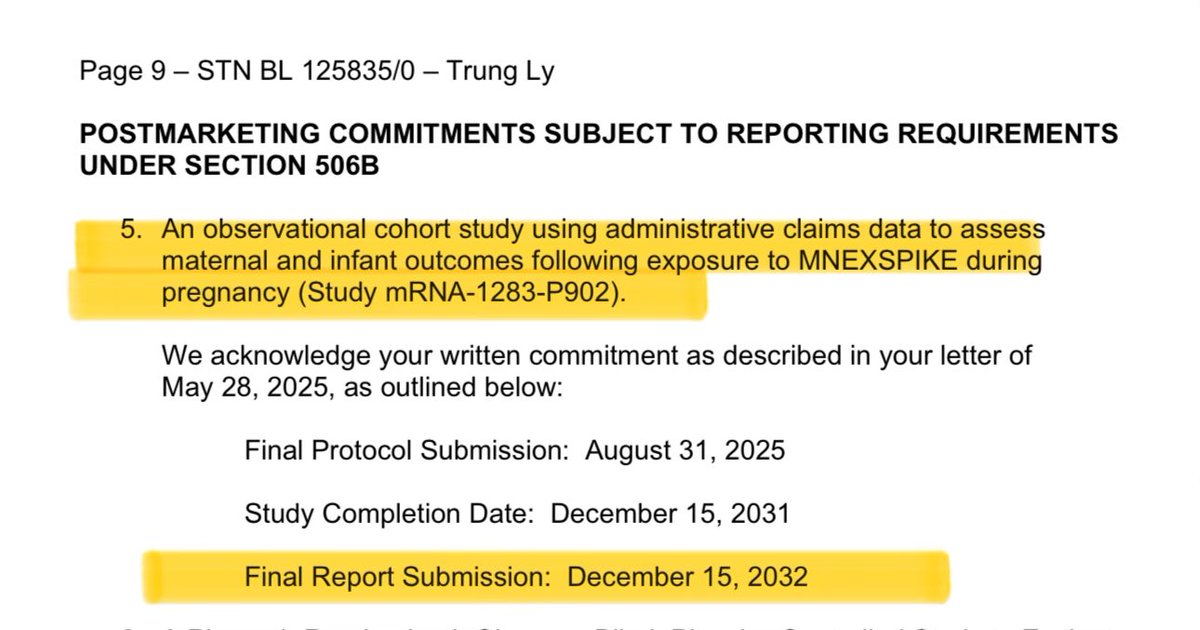
Another upcoming study will test whether adults aged 50–64 even benefit from vaccination at all.
They’re only now asking whether middle-aged adults even need it.
But don’t worry, it’s already approved.
They’re only now asking whether middle-aged adults even need it.
But don’t worry, it’s already approved.
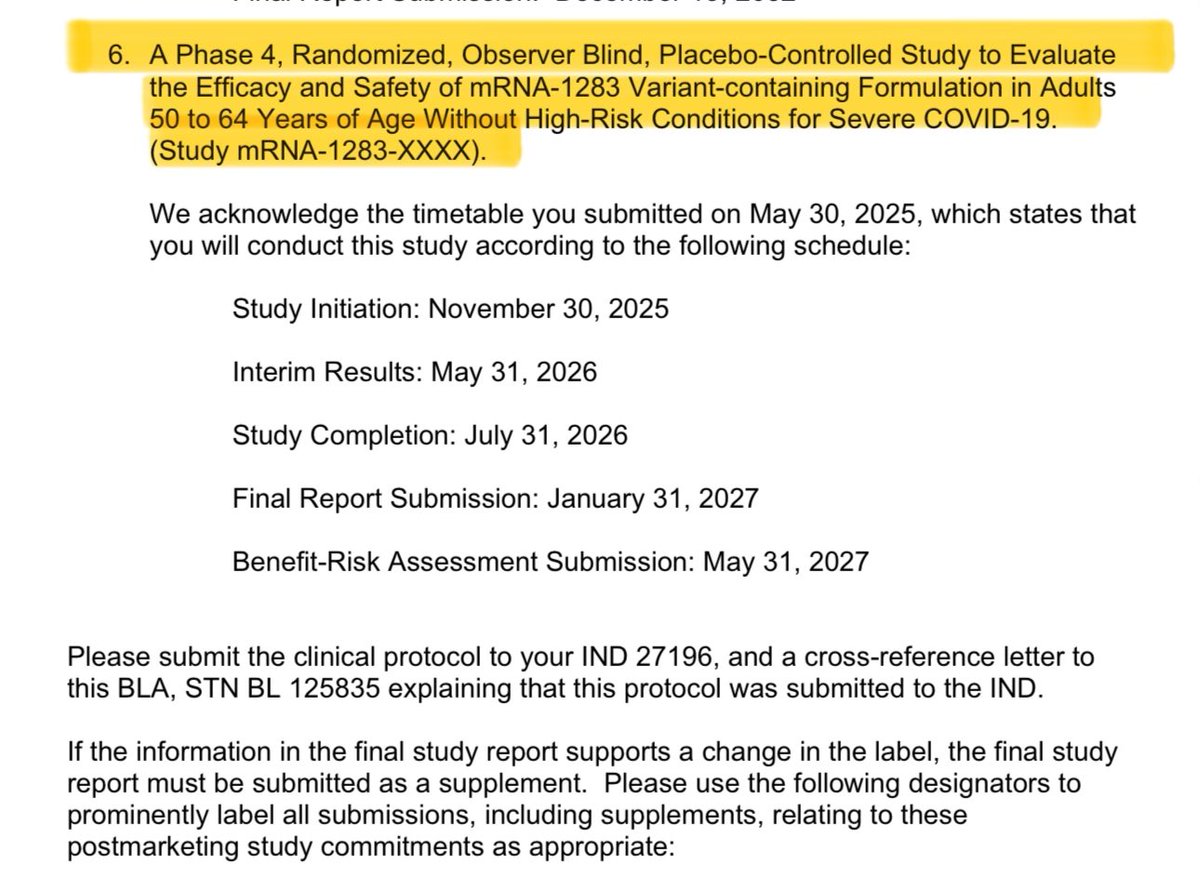
They rig the trials, skip the control group, blur the data, and rubber-stamp it all under the guise of “ethics.”
And if you question it?
You’re “anti-vax” or “dangerous.”
This is Moderna’s new business model:
→ Approve a reformulated shot every year
→ Compare it only to last year’s shot
→ Call it science
→ Sell it to the government
→ Exempt from liability
A pharmaceutical perpetual motion machine.
And if you question it?
You’re “anti-vax” or “dangerous.”
This is Moderna’s new business model:
→ Approve a reformulated shot every year
→ Compare it only to last year’s shot
→ Call it science
→ Sell it to the government
→ Exempt from liability
A pharmaceutical perpetual motion machine.
By using Spikevax as the comparator, Moderna and the FDA avoid having to ask the only question that matters:
What happens when you do nothing?
And that’s the question they’re terrified to answer.
Because if you knew the true baseline for adverse events, efficacy, and long-term outcomes, you’d realize their products are a shell game.
The ethics they invoke are not about protecting you.
They’re about protecting the narrative
And the narrative must never be placebo-controlled.
What happens when you do nothing?
And that’s the question they’re terrified to answer.
Because if you knew the true baseline for adverse events, efficacy, and long-term outcomes, you’d realize their products are a shell game.
The ethics they invoke are not about protecting you.
They’re about protecting the narrative
And the narrative must never be placebo-controlled.
Call it what it is:
mNEXSPIKE wasn’t tested against a placebo.
It was tested against another mRNA shot riddled with side effects, so they could say:
It’s just as bad as the last one. Approved.
Welcome to science in 2025.
mNEXSPIKE wasn’t tested against a placebo.
It was tested against another mRNA shot riddled with side effects, so they could say:
It’s just as bad as the last one. Approved.
Welcome to science in 2025.
If you made it this far don’t forget to give me a follow and continue down the rabbit hole. 👇🏻
https://twitter.com/joshwalkos/status/1614403299356147712
@Trinityaudiobot turn this into an audio version.
• • •
Missing some Tweet in this thread? You can try to
force a refresh



